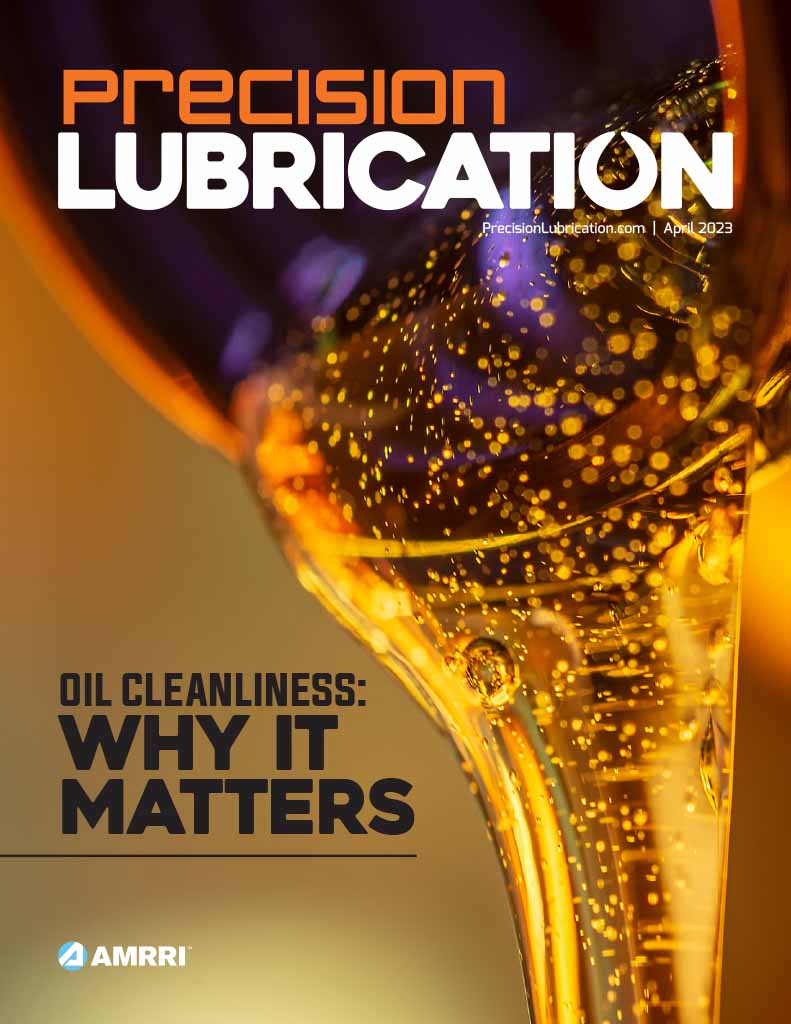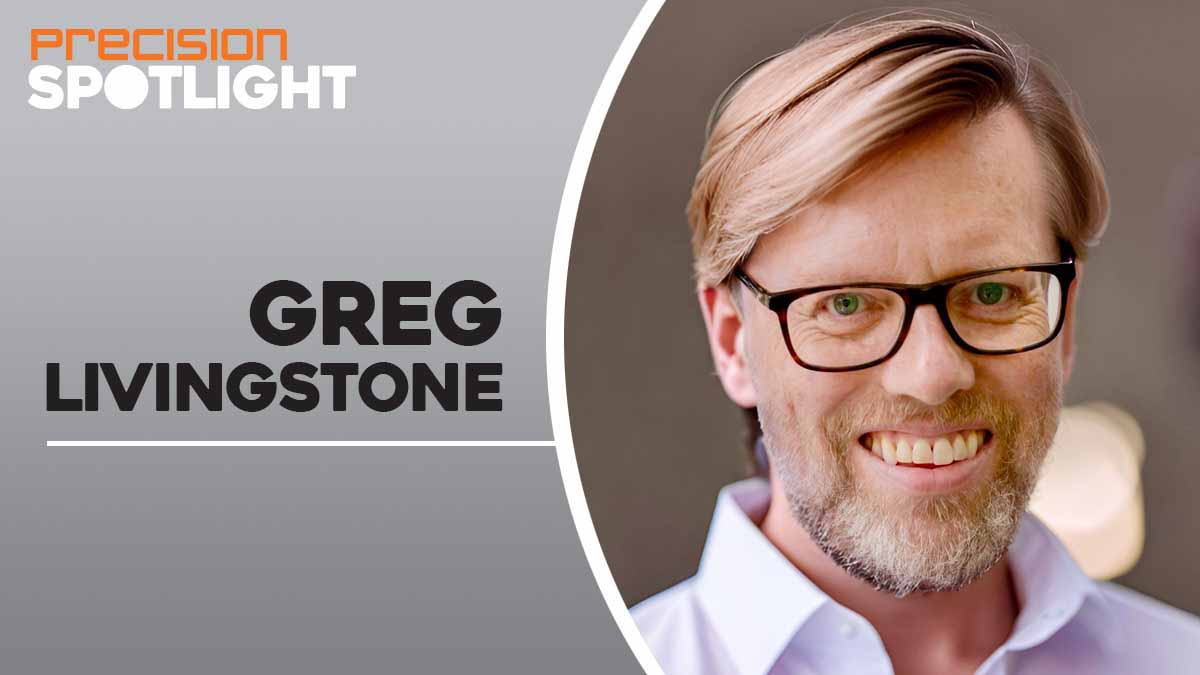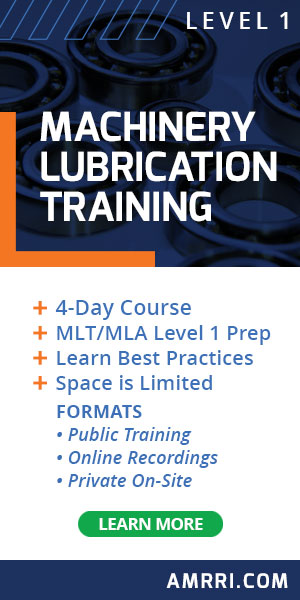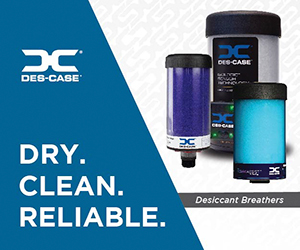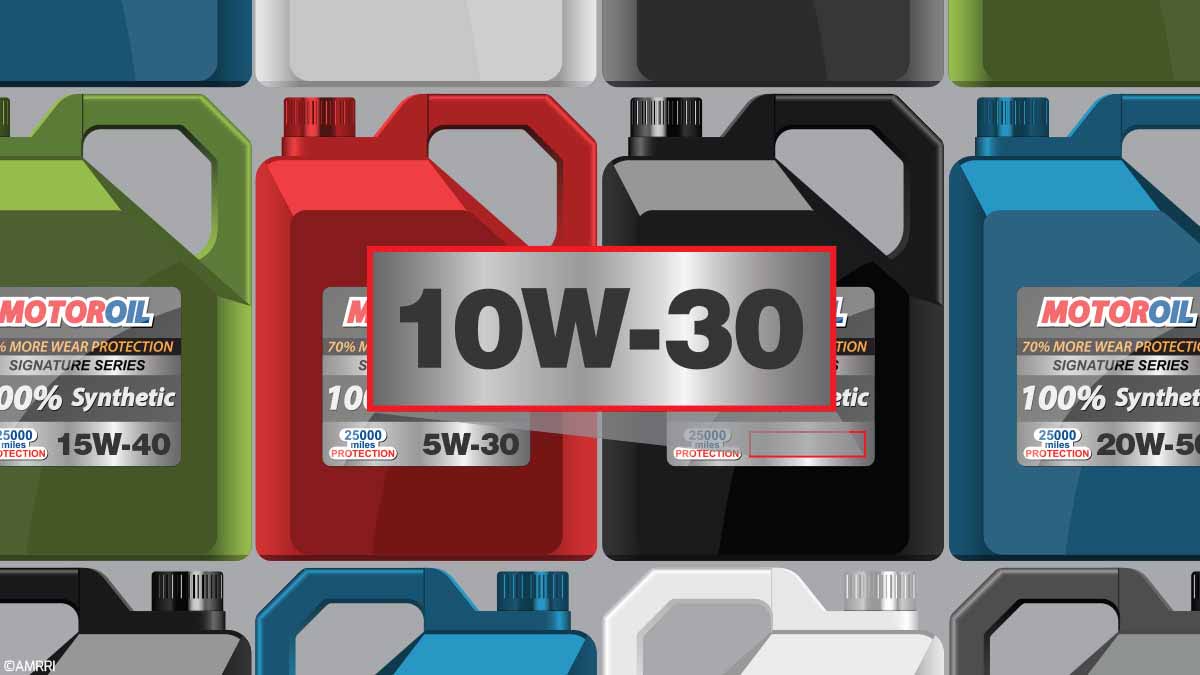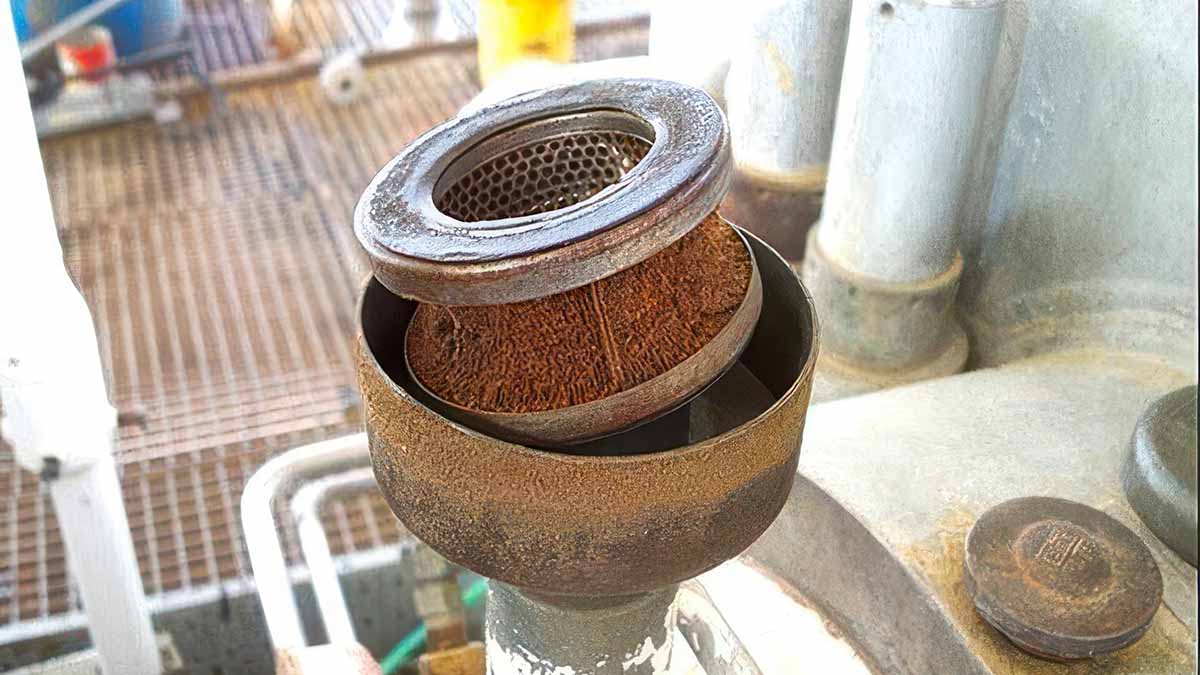Welcome to Precision Spotlight, our fresh Q&A series where we shine a light on industry professionals, delving into their insights and experiences in the world of lubrication. In this Precision Spotlight we interview one of our Editorial Advisory Board Members, Greg Livingstone.
What is the most common misconception about lubrication that you’ve encountered?
In my first year at work after college, I was making a sales call at a paper mill. The maintenance manager said, “All oil is the same.” This stuck with me. Over the years, I have continued to hear this sentiment.
We developed a testing methodology to validate this statement with turbine oils called the Turbine Oil Performance Prediction (TOPP) test. After our first experiment in 2010 comparing three different commercially available turbine oils, I could confidently answer this misconception. No, not all oils are created equally!
The problem is not necessarily with the end-user. When comparing different formulations for an application, there may be dozens of approved oils, so that’s not a source of differentiation.
The only data they have to compare are product spec sheets filled with physical properties unrelated to performance and superlative marketing claims. How do you quantify “superior performance” and “best-in-class technology”?
The industry needs benchmarking standards that correlate laboratory results with field performance. This would allow end-users to appreciate that not all oils are the same.
What are some emerging trends in the lubrication industry that you find most exciting?
A significant trend in our space is maximizing lubricant life. This is done using various contamination control technologies, transitioning to more advanced, specialized formulations, and through in situ additive replenishment. Lubricants that can last the lifetime of equipment in many industrial applications are technically feasible.
I see a day when the key parameters of critical lubricants are monitored remotely through sensors, and proactive measures are automated based on the condition of the lubricant. Ultimately, these efforts result in lower lubricant costs, increased uptime, and lower operational risk.
What is a regular day like for you in your role?
A typical day for me starts well before the sun comes up, which is my most productive time of day. In my role at Fluitec, I get involved in strategic planning, innovation, networking, technology evaluation, R&D, and sales support. However, a day doesn’t go by when I’m not involved with a technical challenge of some kind at a client’s site. These are my favorite moments; there is always much to learn from customers.
What is your area of expertise within the field of lubrication?
Over 20 years ago, in the same week, I got a call from a major turbine OEM and the US Navy about sticking valves. This has led me down a wonderful path of trying to understand oil degradation and deposits. Back in the day, there was very little research on this, but many have contributed to what is now a substantial body of knowledge over the years.
I’m happy to have contributed in a small way, culminating last year in publishing the book “Preventing Turbomachinery Cholesterol: A Story of Varnish” with Sanya Mathura. Although there is still plenty to learn about oil degradation, my focus lately has been sustainable lubrication through technological innovation.
If you had a superpower, what would that be?
Ability to manipulate gravity. My favorite activities involve gravity, like skiing, hiking, and climbing. Being able to jump off of anything or climb up anything would be incredible. Plus, how cool would flying be?
What best prepared you for your career journey?
A theme throughout my career has been hanging out with people smarter than me. I started my career by making long road trips and sales calls with a brilliant, recently retired lube engineer from Esso. I spent a lot of time with Dr. Akira Sasaki, the father of understanding oil degradation and oxidation.
Dr. Dave Wooton taught me so much about how oil molecules change. Today at Fluitec, I work with a team of outstanding scientists and leaders who continually teach me new things. My biggest advice to those early on in their careers? Surround yourself with smart people and be constantly open to learning.
How do environmental concerns factor into your work, and what steps are you taking to address them?
A central tenant of our company is reducing the environmental impact of our operations and that of our customers. Our measurement scale is carbon footprint (CO2e), and we have put a lot of energy into carbon accounting using Life Cycle Assessment.
In 2023, we produced our first Impact Report, which identified that for every kilogram of carbon we generated in our company, we saved our customers 6 kg of CO2e. We are continually investigating methods to lower our carbon footprint further.
Our customers, in general, are more concerned with reliability improvements and risk reduction, which is fine with us as these perhaps have the biggest impact on reducing carbon footprint.
Can you share a particular challenge and how you overcame it?
My favorite customers are skeptics. They question everything I say and want independent verification. They are focused on science and not easily swayed. We had one such customer in Australia experiencing high compressor bearing temperatures, threatening to shut down their platform.
Even though this was highly urgent, with significant money at risk, they went through a meticulous Management of Change process, ran simulation tests at an independent laboratory, and thoroughly checked all of our references. Even then, they slowly added our Solvancer® technology to their oil reservoir, carefully monitoring every operational aspect of the compressor train.
The good thing about working with skeptics is that they become our strongest advocates once they can prove that technologies work. Science trumps all. And in this case, it helped onboard one of our biggest customers.

